What happens inside a Geelong drug rehabilitation facility
The stories behind the region’s addiction battle and the inner workings of a Newcomb rehab facilities have been laid bare.
Geelong
Don't miss out on the headlines from Geelong. Followed categories will be added to My News.
At a former aged care home in a residential Newcomb street, two blokes who met at Alcoholics Anonymous have helped create a sanctuary for recovering addicts.
Habitat Therapeutics started out in Highton in 2017 butGeelong council, while under administrators, quashed its formal proposal to establish its centre in the suburb after community backlash.
It opened in Newcomb in 2018, and has recorded more than 640 stays at the facility since.
The vast majority of its clients are struggling with ice or alcohol addiction. The facility has private hospital accreditation and offers detox, which is included in programs spanning 30, 60 or 90 days.
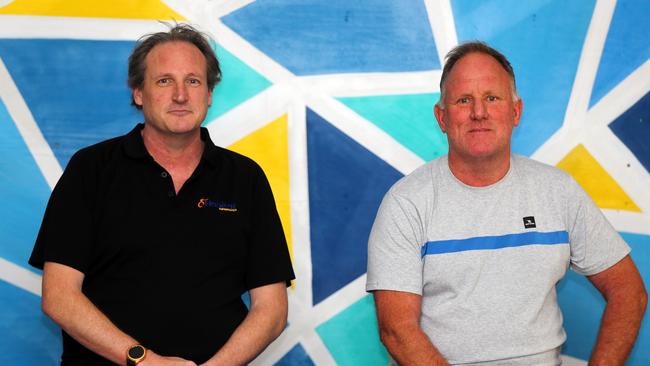
“The detox, we tend to normally do about a five to seven day period, it really depends on the quantity of drugs, alcohol, and what’s involved,” co-director Jim Tatlock said.
“People with methamphetamine, if they try to book here for 30 days, we try to talk them out of it because it’s rarely successful.
“Whereas alcohol 30 days can quite often be enough of a circuit breaker to get people in to recovery.
“The actual demographic that we see – the most common would be between 24 and mid 30s.”
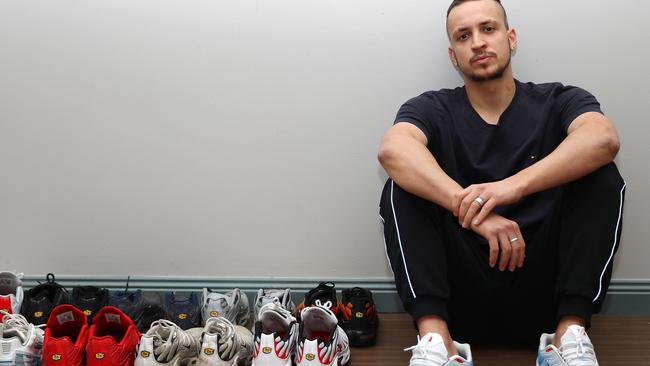
AJ is only 24 years old, and on his fourth stint in rehab.
He said he used “everything” when it came to substances.
“Anything I could get my hands on, I would use that,” he said.
“It had been like that for a long time.
“I started using when I was 10 years old … I was getting into more harder drugs by 11.
“When I hit 18 it really spiralled out of control.”
AJ, who is from Melbourne, described losing everything and becoming homeless as his rock bottom.
“Experiencing that side of life really just opened my eyes to what my life had turned into,” he said.
“I was so sick and tired of relying on drugs.
“(I’m) so fortunate that I’ve been given the opportunity to come here and better myself.
“(Habitat is) teaching me a lot about how to survive and how to fend for myself in the outside world as well.”
Nearly finished the 90-day program, he said this time, his recovery journey felt different.
“In the past I hadn’t felt the feeling of losing everything.”
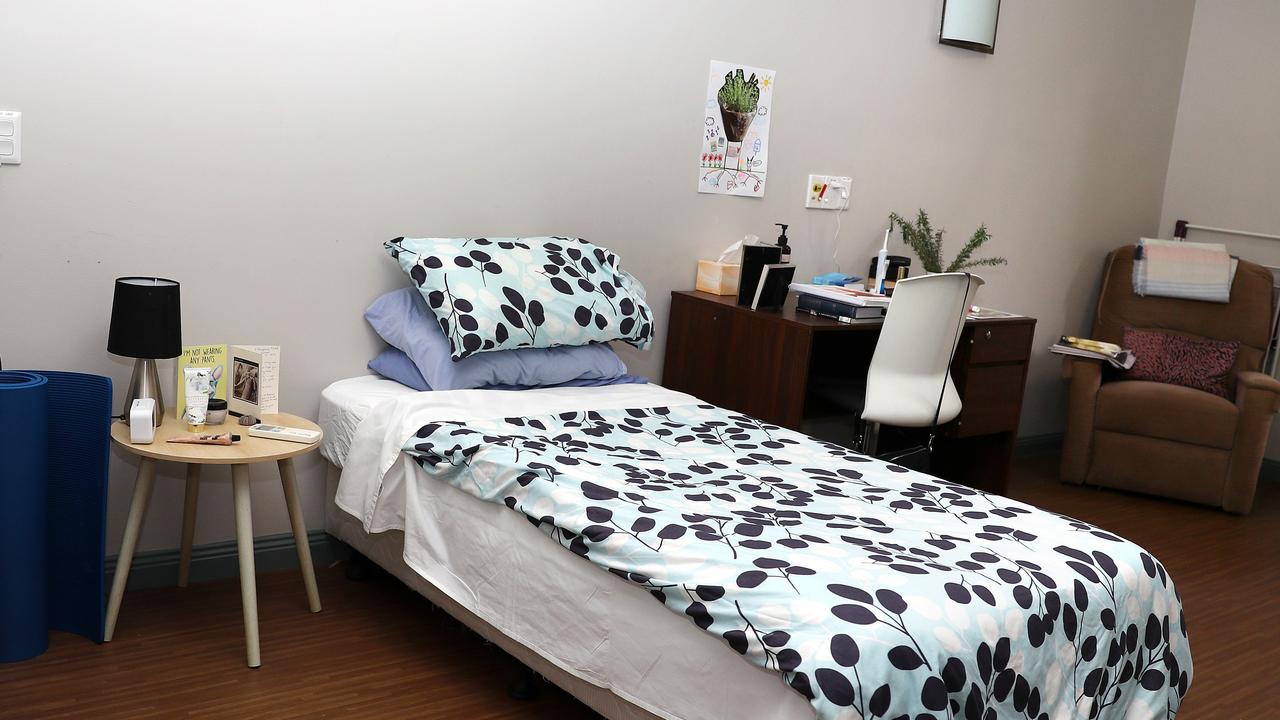
MR Tatlock noted both genetics and trauma could drive addiction.
Co-director David Forbes said the rehab was a therapeutic community.
He noted isolation was a huge part of addiction and said the centre saw a “big kick” in inquiries through Covid.
He said during Covid people’s problems became more visible when everybody was at home.
“We had another big kick in inquiries when the restrictions slowed down and people started returning to work,” he said.
“I think a lot of people had been working from home on screen with a scotch sitting just out of view.
“And when they had to actually physically front up back to work, they decided that they had a problem and had to do something about it.”
Clients could stay at rehab and realise they weren’t alone — others suffer from addiction as well.
“Getting back into that concept of talking to other people, making friends, expressing your feelings, all that sort of stuff is a great part of the therapy,” Mr Forbes said.
“But as a therapeutic community, they’re also responsible for looking after the place.
“They’re expected to get up every morning at about 7am, shower, make their own beds, clean their own rooms”
They have group session called check-in, where they discuss how they feel and the previous 24 hours.
Clients undertake therapyand personal training, go for a morning walk, and do yoga.
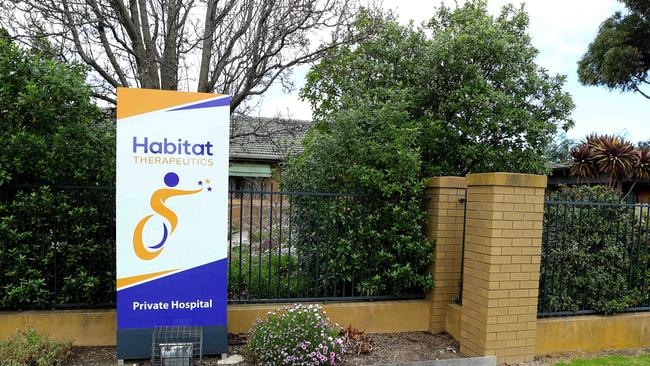
Mr Forbes described it as a “bit like school camp”, with a roster allocating jobs like cooking and clean up to clients.
“We’re teaching life skills to a lot of these people as well as recovery,” he said.
Clients come from the local area, state and country, with some people with substance issues finding it easier to recover away from the triggers that come from their hometown.
A poll found 67 per cent of people who had completed the 90 day program reported they remained clean and sober on date of contact.
Mr Tatlock said people who did not respond were listed as a negative result.
People can use private health cover to fund their stay, but for people self-funding it costs $11,000 for a 30 day stay and then another $10,000 for each 30 day period after that.
The centre also runs a minimum of two beds for people that can’t afford treatment that Mr Tatlock and Mr Forbes believed needed help.
Both Mr Forbes and Mr Tatlock identify as alcoholics and met through AA meetings.
They each have been in recovery for about nine years.
Prior to being inspired to enter the rehab industry once they’d embarked on their recovery journeys, Mr Tatlock worked in roles including as a police officer and at a refinery.
Mr Forbes ran multiple businesses.
A number of the facility’s staff are ex-clients who went on to study and return to the centre to work.
“You don’t go and talk to a counsellor or a nurse that has no understanding of what addiction is about, here you actually get to talk to somebody that has been through it,” Mr Forbes said.
“A great deal of our staff do actually have lived experience.
“They have been through addiction, they are in recovery. And that’s fantastic.”
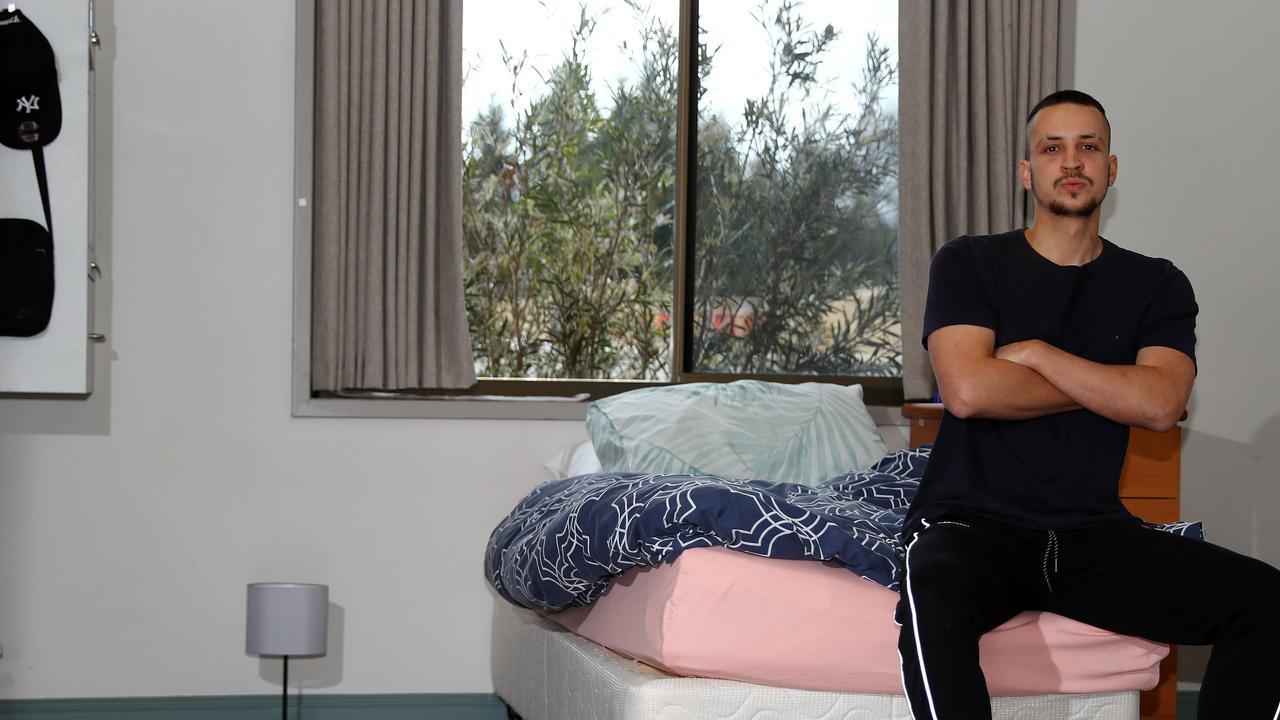
SUSIE, 67, has returned from to Habitat Therapeutics for a second time.
She said her drinking escalated when she was about 50 years old, and had become a director of nursing.
“And it just seemed at the end of the day, I just went home and drank a few glasses of wine,” she said.
Her mother’s death made things harder.
Susie described herself as a secret drinker who would drink at home alone.
She decided it was time to retire at 65.
“One day I had a badge that said I was someone important and the next day I was just left with me, and I sort of spiralled from there,” she said.
“I just lost my way.”
Susie, from the Gippsland region, did 90 days at Habitat Therapeutics last year and “slipped” recently and came back to for another 60 day program.
“The second time I’ve come back now with a renewed understanding of the program and a renewed desire to follow the program,” she said.
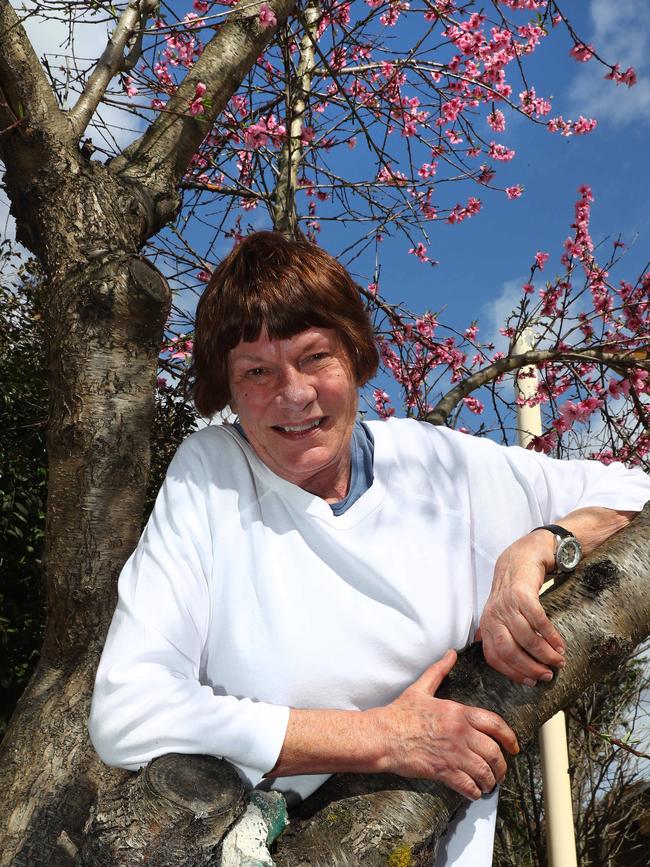
“When I left the first time I just picked the bits out that I thought were easy.”
After her first stint she had been volunteering but then injured her ankle and couldn’t go out.
“I went really well for six months …. and then once I couldn’t get out and do those things, I’ve just sort of fell in a heap,” she said.
“I came back here because I knew what was my safe place to be.
“The hardest thing is when you go home, to carry that desire to change, and to not let that little voice in your head say, ‘Oh, well, you can have a few glasses of wine tonight’ (and that) turns into a bottle.”
Susie, who at the time of the Addy’s visit was the oldest resident, said she had grown fond of fellow clients.
“When I came the first time, I was very much the oldest person by about 15 years,” she said.
“But I never felt that, I just felt like part of the community — except when they played the rap music.
“I meet people that I never would have met before this, you know, the young ones that have really struggled and it’s been a real eye opener for me.”
“It’s such a nurturing, caring community.
“I want to be someone my family can be proud of, and that I can be proud of.”
More Coverage
Originally published as What happens inside a Geelong drug rehabilitation facility







